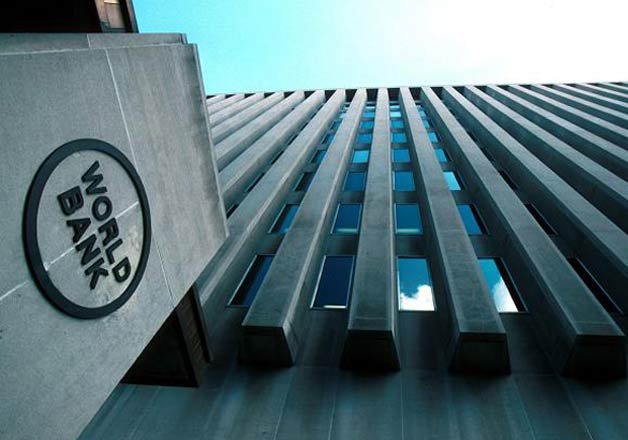Cumbersome’ business procedures drag Philippines’ ranking in ease of doing business
MANILA, Philippines — The Philippines’ “cumbersome” business regulatory structures dragged the country below the first 100 economies tracked by World Bank Group’s annual ease of doing business report.
This is despite the government’s expectations of modest improvements in this year’s report, which reviews regulations that enhance business activity and those that constrain it among economies worldwide.
In the 2018 report released on Tuesday, the Philippines’ ranking slipped by 14 notches to 113th from last year’s 99th place out of 190 economies surveyed. Data for the report were collected between February and August 2017 with Quezon City used to represent the Philippines.
Meanwhile, the Philippines’ distance to frontier (DTF) slightly improved to 58.74 from 58.32. However, the country’s 2018 DTF was below the average of 62.7 across East Asia and Pacific economies.
The DTF measures the distance of each economy to the “frontier,” which represents the best performance observed on each of the indicators across all economies, according to World Bank. An economy’s DTF is reflected on a scale from 0 to 100, where 0 represents the lowest performance and 100 represents the frontier.
While the report noted reforms by the Philippines that made it easier for businesses to pay taxes and get electricity, World Bank nonetheless flagged the complex procedures that entrepreneurs have to endure to make their business ideas happen.
“…Living in Quezon City, the business incorporation process would require 16 procedures, take 28 days and cost around 16% of income per capita. She would need to make 20 different tax and contribution payments and visit multiple agencies in person,” the report read in part.
“Furthermore, her business would be expected to pay 42.9% of its commercial profits in taxes and contributions annually,” it added.
“Cumbersome business regulatory structures such as these constrain the ability of entrepreneurs to transform their ideas into viable businesses.”
Trade Secretary and National Competitiveness Council chair Ramon Lopez earlier said the country aims to move up within the top 20 global rankings in doing business by 2020. For this year, he expected the Philippines’ ranking to climb two to five notches.
Lopez said the target requires a lot of reforms, but can be done by starting to automate government processes.
The economies that showed the most notable improvement in doing business in 2018 are Brunei Darussalam, Thailand, Malawi, Kosovo, India, Uzbekistan, Zambia, Nigeria, Djibouti and El Salvador.
Declines
The report covers the areas of starting a business, dealing with construction permits, getting electricity, registering property, getting credit, protecting minority investors, paying taxes, trading across borders, enforcing contracts and resolving insolvency.
“The Philippines reduced the time to get an electricity connection by implementing a new asset management system and by creating a new scheduling and planning office,” the World Bank said.
“The Philippines made paying taxes easier by introducing a new electronic system for payment and collection of housing development fund contributions,” it added.
Declines were reported in most areas except in paying taxes, where the Philippines placed 105th from 115th.
On the number of days needed to start a business, the Philippines ranked 173rd from 171st; in dealing with construction permits, it ranked 101st from 85th; getting electricity, 31st from 22nd; in registering property, 114th from 112th; getting credit, 142nd from 118th; protecting minority investors, 146th from 137th; trading across borders, 99th from 95th; enforcing contracts, 149th from 136th; and resolving insolvency, 59th from 56th.
Reforms not yet felt by businesses?
In a statement, NCC said the impact of improvements introduced by the Duterte administration in the second half of 2016 “may not have been fully experienced yet” by the businessmen surveyed during the first five months of 2017.
It also listed 10 legislative measures that must be passed to improve the country’s ranking.
“Improving ease of doing business in the Philippines is an endeavor that involves the Executive, Legislative, and Judicial branches of government. It is a whole-of-government effort,” NCC said.
“As the Philippines belongs in a region of economies that are clocking in big gains in this area, the Duterte administration commits to strengthen its efforts to introduce reforms and streamline processes to spur this country forward and to improve its global ranking in Ease of Doing Business,” it added.
Source: http://www.philstar.com/business/2017/11/01/1754610/cumbersome-business-procedures-drag-philippines-ranking-ease-doing


 English
English




